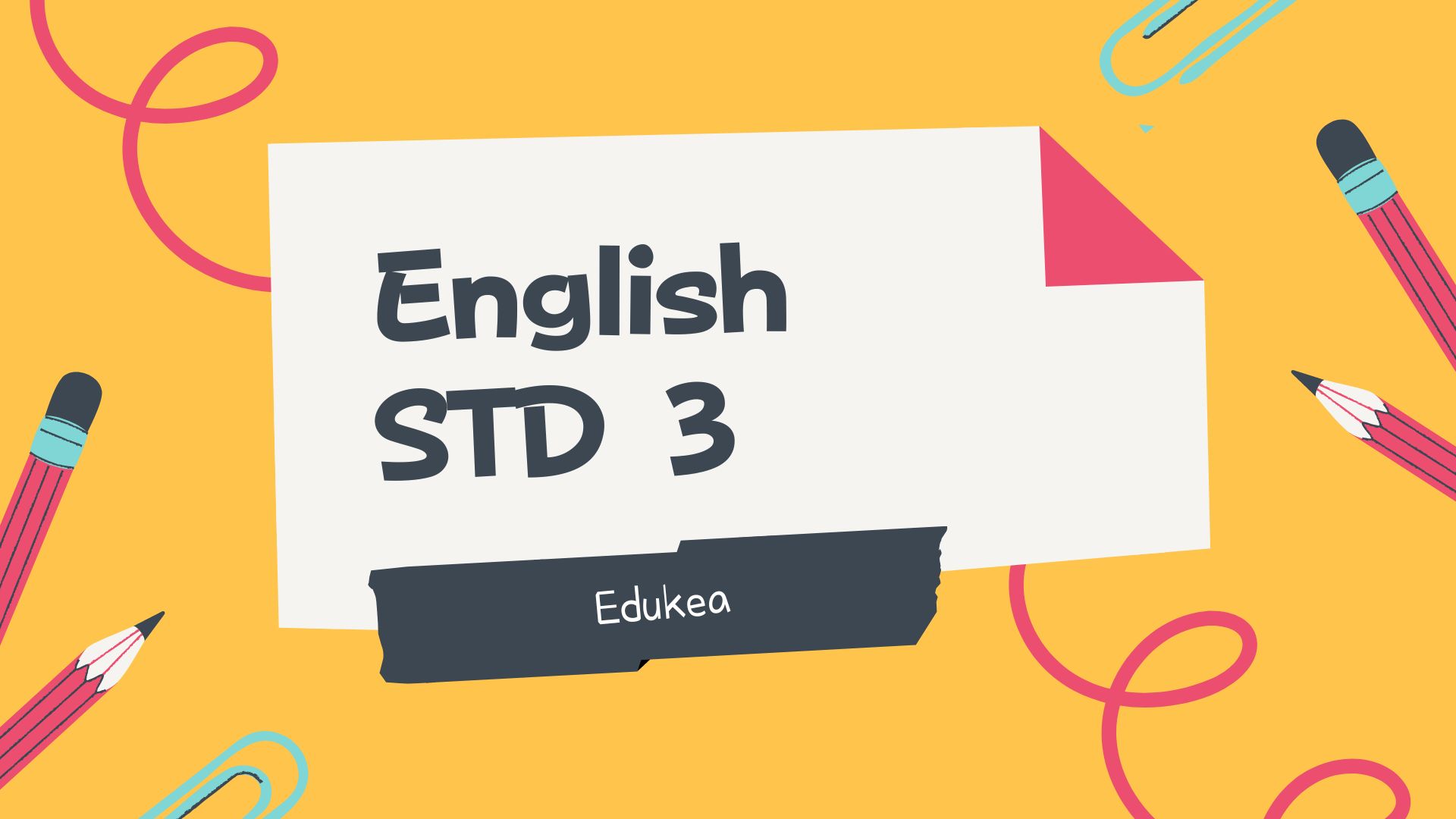For students in Standard Three, English lessons typically focus on building foundational skills in the English language. Here's a brief description of what English lessons for Standard Three might entail:
1. Basic Vocabulary: Students learn and expand their vocabulary with simple words and phrases related to everyday life, objects, actions, and places.
2. Reading Comprehension: Students begin to read short stories, passages, and simple texts with guidance. They focus on understanding the main idea, identifying key details, and making connections between the text and their own experiences.
3. Phonics and Spelling: Phonics instruction helps students understand the relationship between letters and sounds, aiding in reading and spelling. They learn to decode words using phonetic rules and patterns.
4. Grammar Basics: Students are introduced to basic grammar concepts such as sentence structure, punctuation, capitalization, verb tenses (present, past, and future), and parts of speech (nouns, verbs, adjectives).
5. Writing Skills: Students begin to express themselves through writing by composing simple sentences, short paragraphs, and creative stories. They practice forming letters and writing neatly.
6. Listening and Speaking: Students develop their listening and speaking skills by participating in classroom discussions, listening to stories, and following oral instructions. They learn to articulate their thoughts and ideas clearly.
7. Language Activities: Language activities such as word games, rhymes, songs, and storytelling engage students and reinforce language skills in a fun and interactive way.
Overall, English lessons in Standard Three aim to lay a solid foundation for language development, literacy, and communication skills, preparing students for more advanced learning in subsequent grades.
